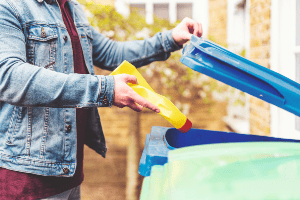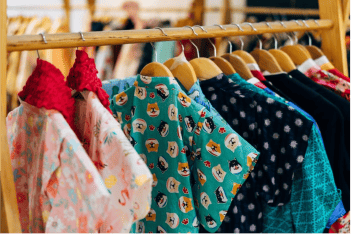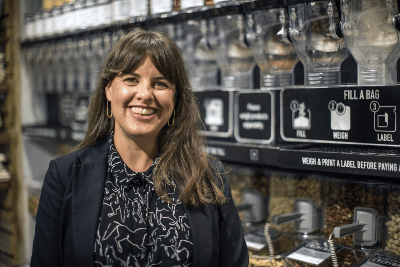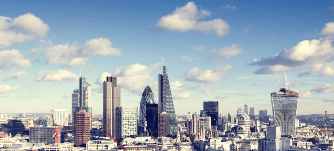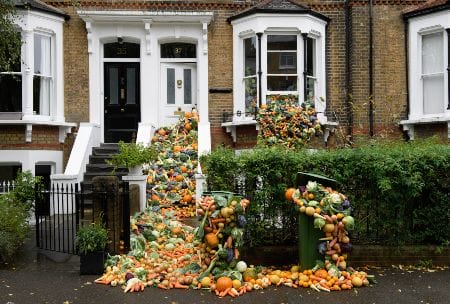A circular economy is one in which stuff is kept in use for as long as possible, delivering the highest value it can, for as long as it can – and moving away from our current economy which is built on making, using and then throwing stuff away (a linear system).
Keeping stuff in use for as long as possible, at its highest value
Circular economy explained
- It’s about manufacturing products from renewable, reusable, recycled and recyclable materials, or using processes that design waste out.
- It’s about finding more efficient ways to use materials, recover materials at the end of their first life and prepare them for successful second (or third, or fourth) lives.
- It’s about creating viable business models of leasing or renting products to consumers, so your business and your brand can take control of the maintenance, reuse, repair and ultimately recycling of your product.
- It’s about designing products for multiple uses, for easy repair and maintenance, and for easy disassembly once reuse or repair of the whole is no longer possible.
- It’s about creating new ways to enable people to share products and space, minimising wasted resources.
And in order to develop these circular approaches, we need to collaborate across the supply chain by developing networks, platforms and business model approaches that enable others to accelerate the transition to a circular economy.
Cities are the engine room of the circular economy. Around 55% of the world’s population lives in urban areas, and this is projected to increase to around 70% by 2050 – and London, a global city of 9m people and counting, must be a leader on the world stage in pioneering this shift.
Cities are where all the key change-makers are concentrated: government, business and citizens co-exist in cities like nowhere else, and every policy-maker, every business and every citizen has an urgent part to play in tackling consumption as a driver of climate change.
We believe that London is already taking that lead, with a fledgling but burgeoning circular economy, where businesses and community enterprises are using innovative reduce, reuse, repair, rent, share and recycle models of working.
A circular business model is a way of designing, making, distributing, taking back and re-using or recycling materials within your business. The five business models we advocate for are:
- Using stuff wisely – using recycled materials to make something new, and/or minimising waste and making the most out of every bit of material. Business examples include Knitster, 59 Productions
- Using stuff again – capturing materials at the end of their first life and using them again for a different (valuable) purpose. Business examples include Home of Sustainable Things, Toast Brewing, Dartford Composites.
- Making things well – designing things to last as long as possible and ensuring that they can be maintained, re-used and repaired. Business examples include Unpackaged, Channel Projects,
- Renting, not buying – leasing and renting products in order that the burden of maintenance, repair and recycling falls on the provider (rather than the consumer), for example Yeena Yoon, Cucumber Clothing, Lendobox.
- Sharing – getting maximum value and use out of underutilised products and buildings, vehicles by providing access to sharing platforms, for example Airbnb, Hiyacar and Nu Wardrobe.
Every organisation uses resources, whether that’s office supplies, furniture, uniforms, food supplies or any of the other many things that keep organisations operating. One of the first things which all organisations can do is look at how they buy those resources – so building circularity into the way they operate and collaborating with suppliers to do that.
As citizens we can all make our own contribution to a more circular world, by wasting less and reusing, repairing, sharing and recycling more.
There are more and more circular products and services available in the marketplace, so by seeking out those companies that provide them we can support that wider economic shift; but we can also do the following:
- Simply consume less, or consume differently
- Buy things that will last and then looking after and repairing them
- Rent instead of buying when that option is available and makes sense
- Buy second-hand and sell things on when we’re finished with them
- Share or swap useful stuff with the wider community.
